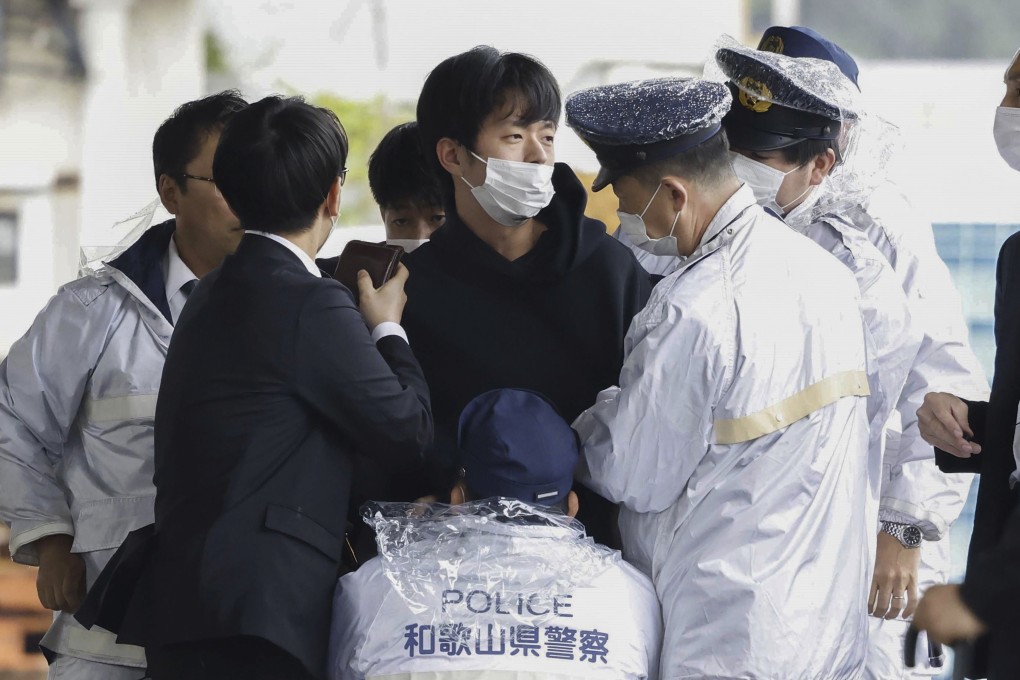Japan has a problem with ‘lone-wolf’ attacks. Can a new police unit stop them?
Experts warn that the isolated nature of such attackers makes them difficult to prevent, raising questions about the unit’s effectiveness

Set to launch in April within the Tokyo Metropolitan Police Department’s restructured Public Security Bureau, this new section will leverage advanced information-gathering techniques to detect potential threats to public figures and intervene before violence occurs.
“It will be very hard to stop these kinds of attacks,” said Shinichi Ishizuka, founder of the Tokyo-based Criminal Justice Future think tank. “The recent examples we have involve people who have become isolated from society and are outsiders who have only limited contact with others.”
Unlike the organised terrorist cells seen elsewhere, lone wolves in Japan are often young, desperate individuals lashing out at a world that has rejected them. Their motivations range from anger at perceived personal failures to a desire for a final, dramatic “extended suicide”.
Recent years have seen a troubling rise in premeditated attacks.
